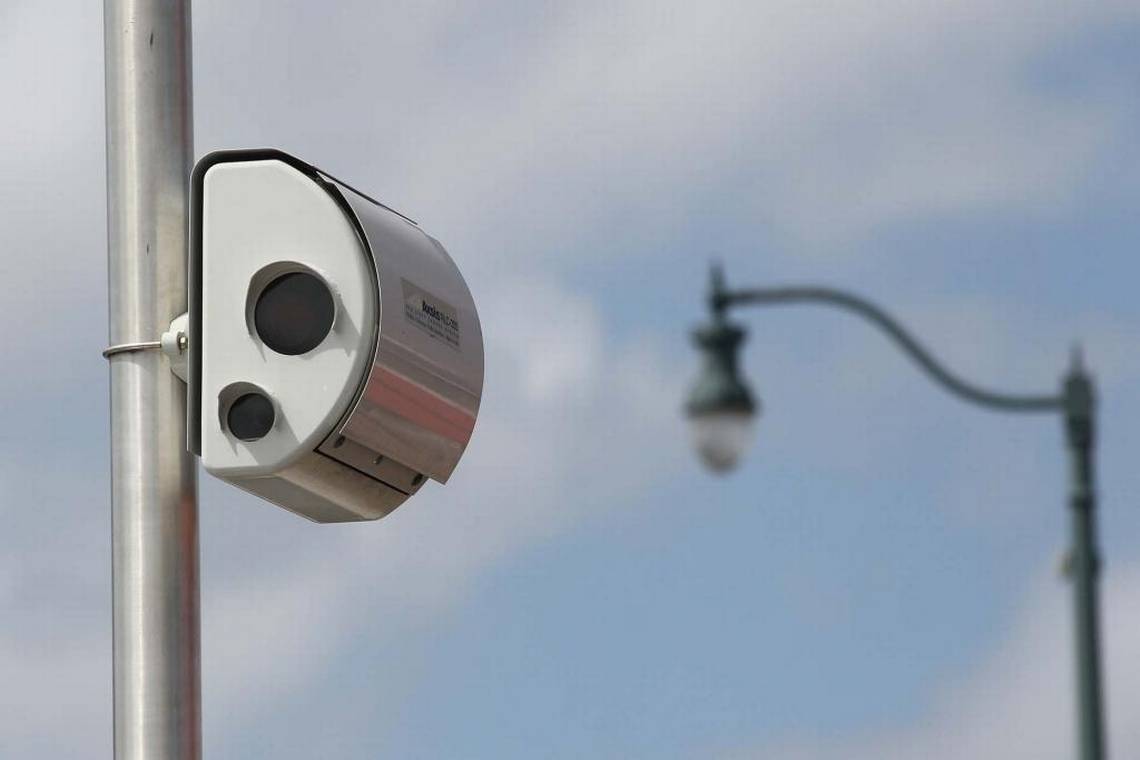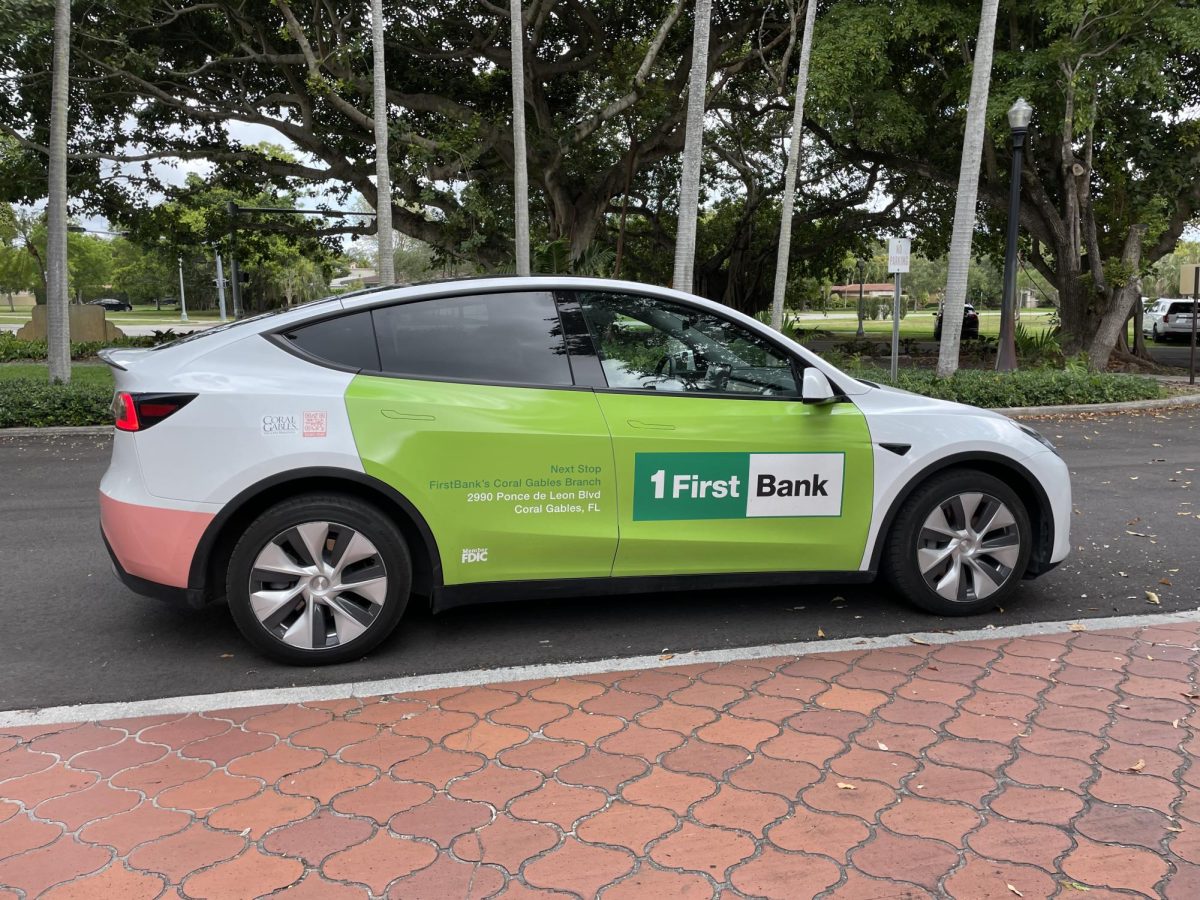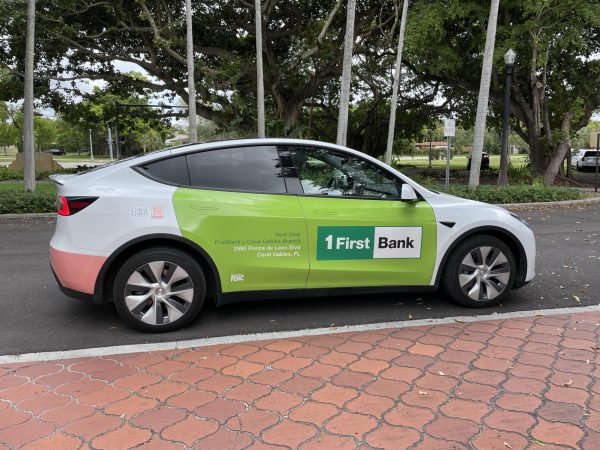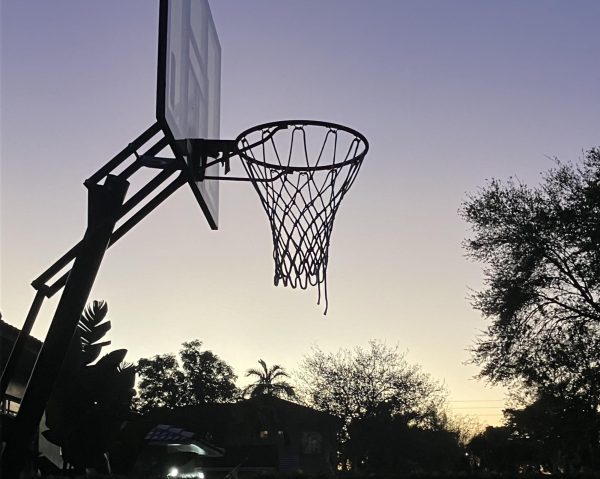Red Light, Blue Light, One Light, Two Light
Red light cameras have become increasingly controversial in Miami-Dade.
May 25, 2017
As technology continues to develop at an exponential rate, governments have found ways to incorporate the new developments in law enforcement. In recent years, one of the most common uses has been the red light traffic camera. For the most part, the cameras can be found at busy intersections where there are frequent traffic violations. Unfortunately for those who advocated for their installation, the widespread use of the cameras has actually been proving to be more problematic than anticipated. Citations given by the cameras are frequently fought in courts, and the ticket is often never paid because the police aren’t the one giving the ticket, a private company is. Knowing that red light camera tickets are given by a private company and not the police not only makes it extremely easy to avoid paying, but it calls the validity and efficiency of the cameras into question. Red light cameras should not be used unless the problems regarding the issuance of tickets and the actual effectiveness of the cameras are improved.
Red light traffic cameras usually catch the people who run red lights or make illegal turns. In theory, the cameras are supposed to ensure that drivers obey all of the traffic laws, therefore, assuring safer streets. However, as with most things, this is not the case. The cameras are usually only found on certain streets, and drivers that are aware of cameras’ location simply avoid taking those routes to reduce their chances of getting caught. When the price of the traffic citation, $158, is taken into consideration, the drivers’ actions are more or less understandable (but certainly not justified). Moreover, many people use reflective license plate covers so the cameras can’t identify their license plate and send them the ticket. Clearly, these attempts by drivers to get out of paying tickets to reduce the cameras’ ability to make the roads safer, but the most problematic aspect of the cameras has to do with the fact that most of the ticketing is done by a private company, not the police.

[Red light cameras] are not worth it because it’s a waste of money. It makes no sense to allocate funds towards something that is ineffective in achieving its purpose, which is basically what red light cameras are.
— sophomore Dylan Carol
After one gets the initial $158 fine, the ticket can be brought to court and disputed. Normally, this would seem unwise because the initial fine increases to $277 which must be paid if one loses. Although, knowing that a private company issues tickets make the chances of winning significantly higher. The red light cameras are usually controlled by private companies, one example being American Traffic Solutions. The images taken by the cameras of the possible violations are sent to the company for review, and if they are approved by the city the company then sends the ticket to the violator so it may be paid. In this scenario, the police aren’t issuing the ticket- a private company is. This causes a debate on the legality of the tickets, especially because giving policing power to an entity can lead to corruption as well as other issues. Already, some unincorporated parts of Miami-Dade have decided to just ban the cameras altogether and simply rely on the actual police to handle traffic citations.
“The red light cameras are annoying, but I don’t think they should be banned. They do provide some control at busy intersections and it’d be a lot worse without them,” junior Stephanie Revuelta said.
Traffic cameras are usually considered a nuisance by civilians, but many people feel like the cameras still provide some sort of security at intersections. Instead of banning the cameras, improving upon them and assuring that it is the police and not a private company issuing tickets should be a priority. However, if there is no change, it would be a sound decision to ban the cameras. If the people avoid paying citations, then the cameras are not doing their “jobs” correctly, then there is no reason for them to be used.
























